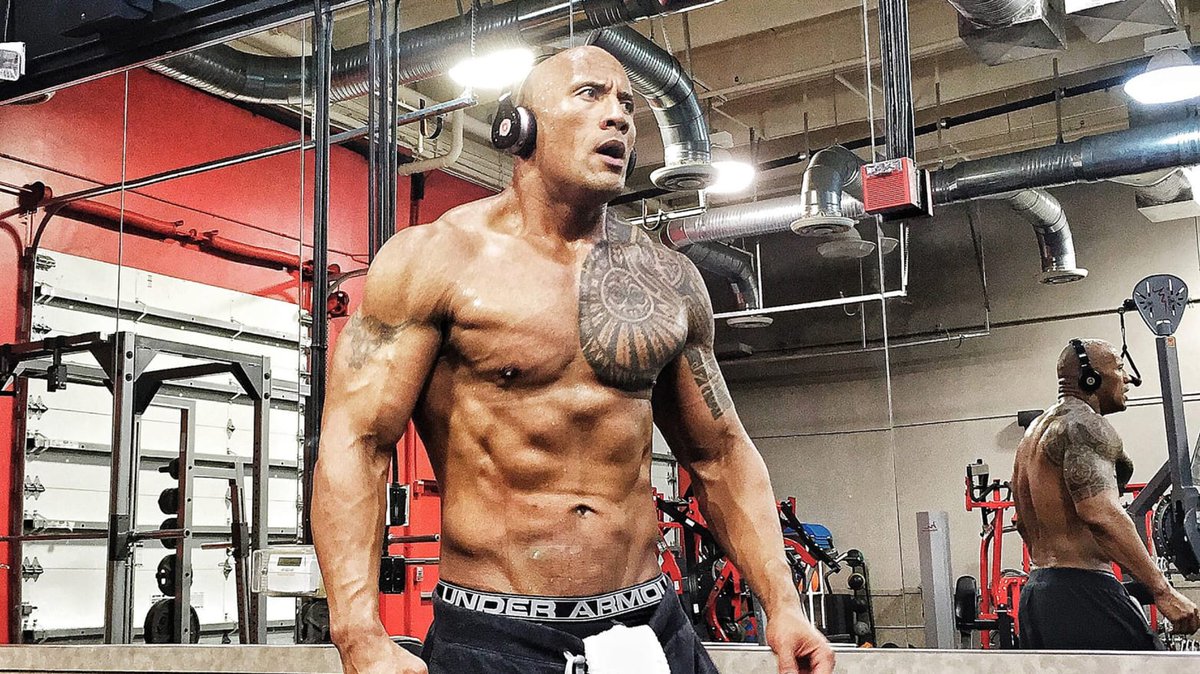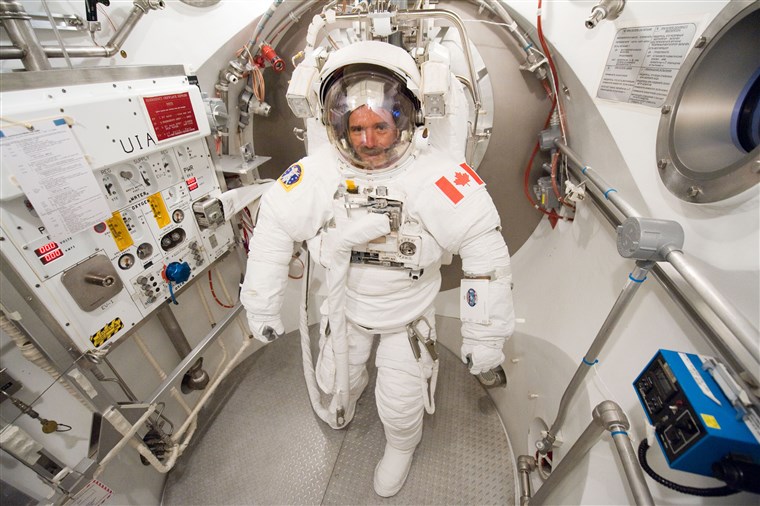
After the events in D.C. this week (and the events throughout 2020), I've taken the time to think about what the hell is happening.
After all the finger-pointing, we need to finally look in the mirror and do some self-reflection.
What I've been reading 👇
After all the finger-pointing, we need to finally look in the mirror and do some self-reflection.
What I've been reading 👇
In this Op-Ed, @BenSasse put it best: "It’s time for civic self-reflection ... There are no easy answers, but one thing is certain: We have to become better consumers of information. Our media habits are driving this country to the edge of suicide."
wsj.com/articles/ameri…
wsj.com/articles/ameri…
I wrote about this for @ProfileRead last week: While most of us are willing to invest in our health, we often neglect our "content diet," which refers to the type of information we choose to feed our brains on a daily basis.
theprofile.substack.com/p/content-diet
theprofile.substack.com/p/content-diet
.@moretothat explains that we need to take inventory of our "Thought Stop Signs" in order to see which ideas we worship, as they indicate where we've halted our search for truth.
moretothat.com/thought-stop-s…
moretothat.com/thought-stop-s…
In this post, @JamesClear answers the following questions: "Why don't facts change our minds? And why would someone continue to believe a false or inaccurate idea anyway?"
jamesclear.com/why-facts-dont…
jamesclear.com/why-facts-dont…
Remember:
"[Most Americans] don’t want tribal forever wars that burn down our institutions. What most Americans want, and what keeping the republic will require, is learning new media consumption habits for an age of anger algorithms." — @BenSasse
"[Most Americans] don’t want tribal forever wars that burn down our institutions. What most Americans want, and what keeping the republic will require, is learning new media consumption habits for an age of anger algorithms." — @BenSasse
Make it a goal this year to find news outlets that improve your content diet and feed your brain quality information.
You know, the ones that don't just trigger your emotions but rather, promote rational thought.
What we read is who we become.
You know, the ones that don't just trigger your emotions but rather, promote rational thought.
What we read is who we become.
• • •
Missing some Tweet in this thread? You can try to
force a refresh






